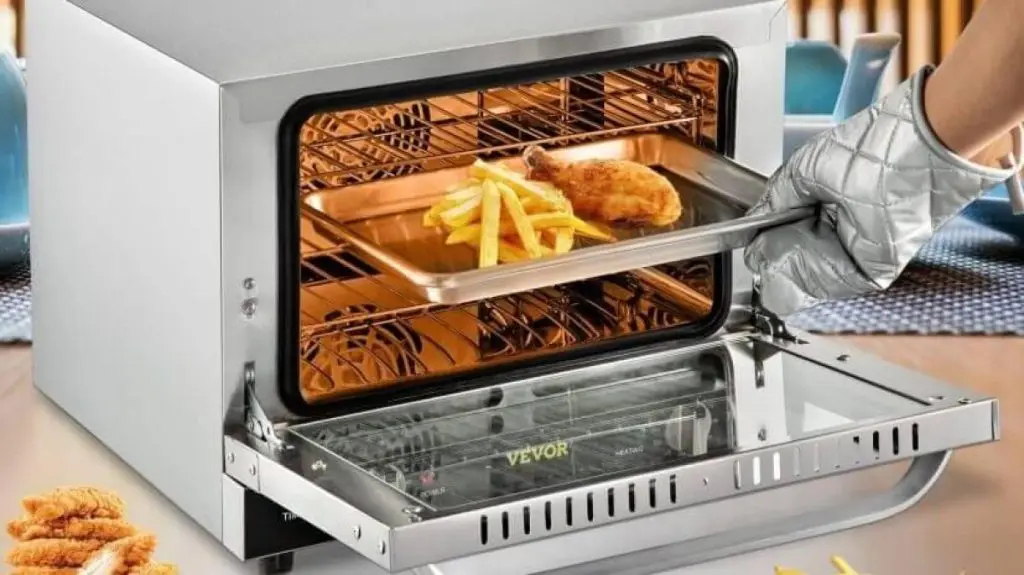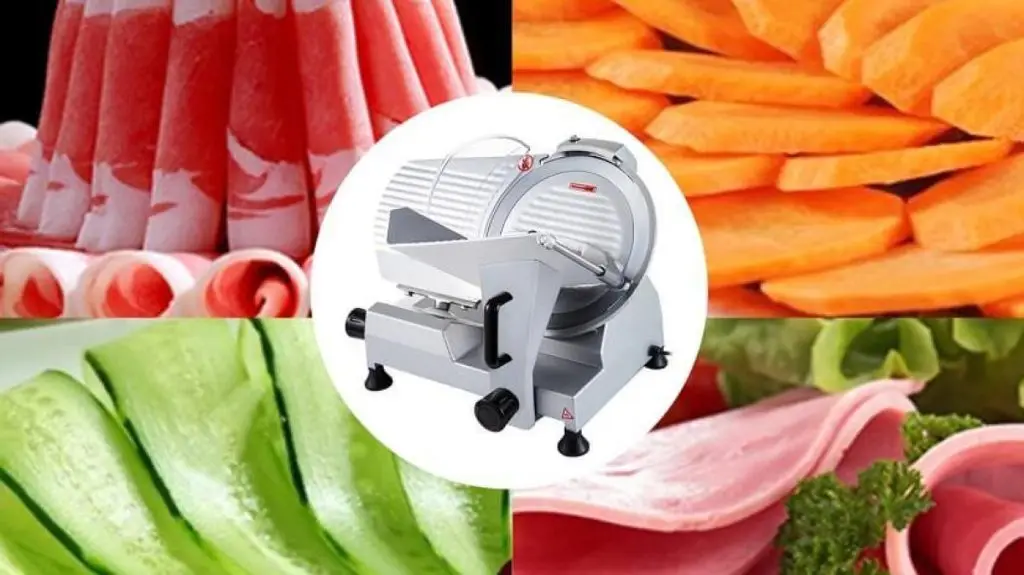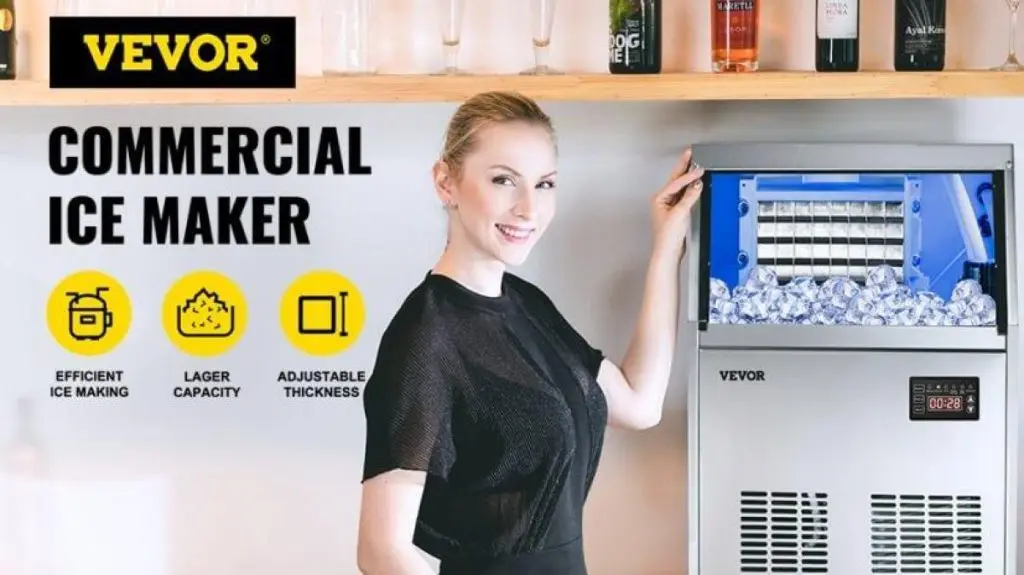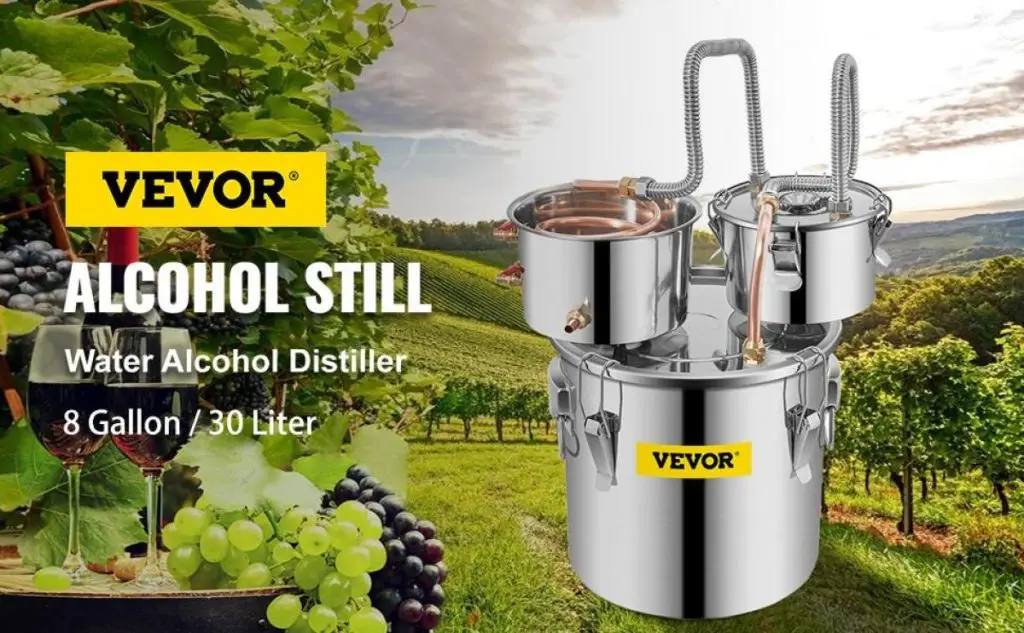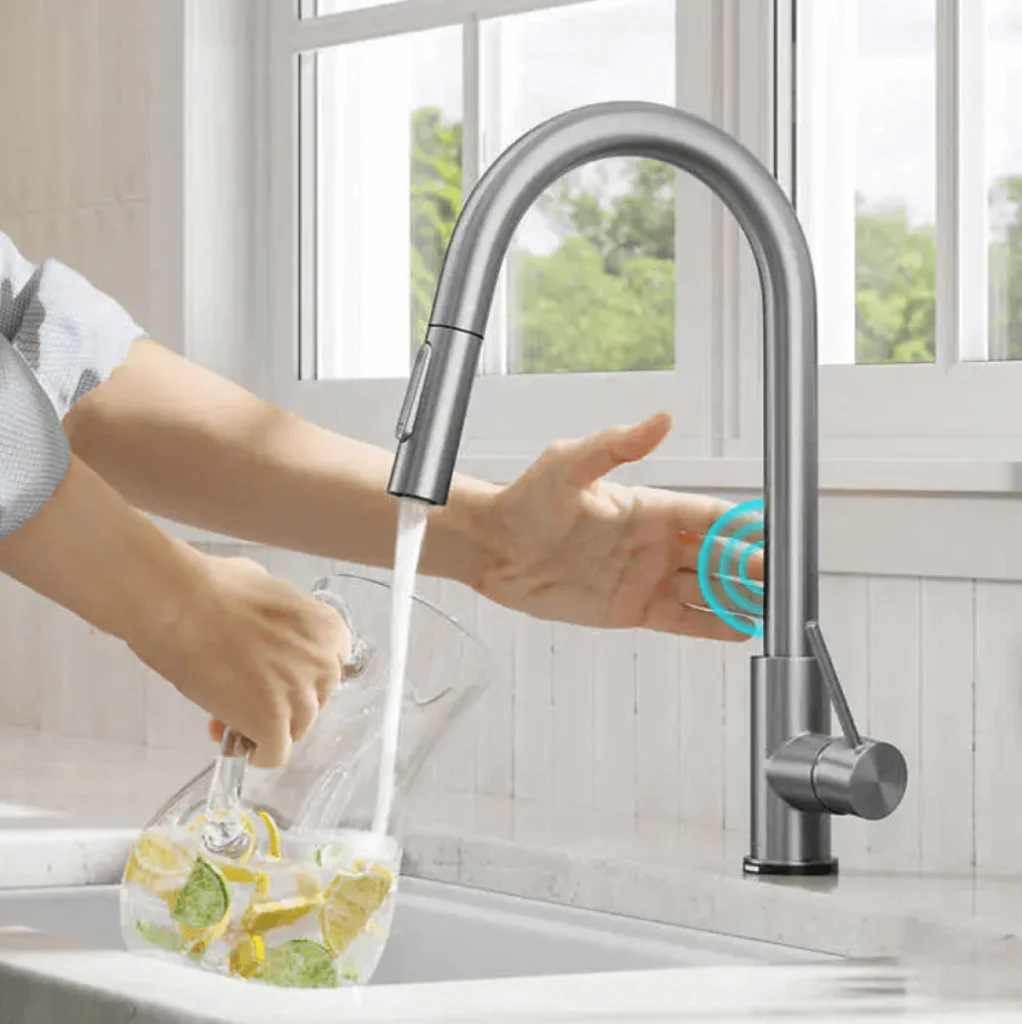1. What is a commercial conventional oven ?
A commercial conventional oven is a type of oven that is used in commercial settings, such as restaurants, bakeries, and other food service establishments. It is typically larger and more powerful than a residential oven, and is designed to handle the high volume of cooking that is required in a commercial kitchen. Commercial conventional ovens are usually powered by electricity or gas, and they use heating elements or burners to heat the oven chamber. They can be used to bake, roast, broil, or heat a wide variety of foods, and they often have features like convection cooking and programmable controls to help make cooking easier and more efficient.
1i. Why Should You Buy a Commercial conventional oven?
There are several reasons why a commercial conventional oven might be a good choice for a business or organization:
- High capacity: Commercial conventional ovens are typically larger and more powerful than residential ovens, making them well-suited for high-volume cooking.
- Versatility: Commercial conventional ovens can be used to bake, roast, broil, or heat a wide variety of foods, making them a very versatile piece of cooking equipment.
- Quality: Commercial ovens are designed to produce high-quality, consistent results, making them a good choice for businesses that rely on consistent, top-quality food.
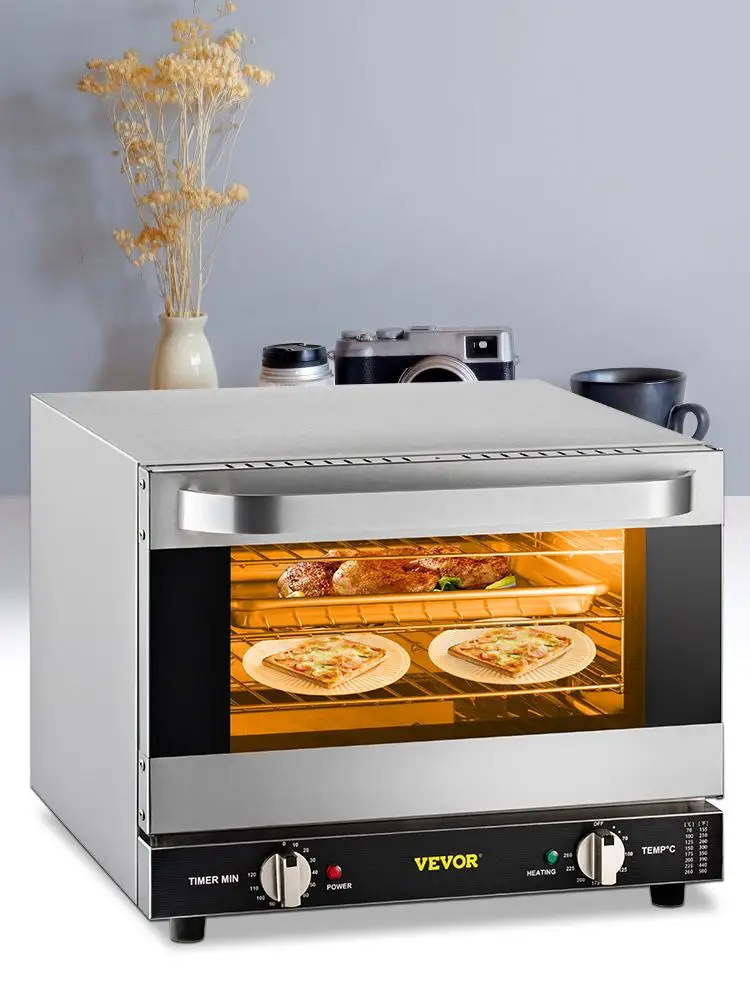
2. 5 tips to choose the best commercial conventional oven
Sometimes choosing the best commercial conventional oven might seem difficult because of the varieties but here are some tips to guide you.
- Determine your budget: Commercial ovens can vary significantly in price, so it’s important to set a budget before shopping to narrow your options and avoid overspending.
- Consider the size and capacity: Make sure the oven you choose is appropriately sized for your business. Measure the space where the oven will be installed to ensure it will fit, and consider the volume of food you will be cooking to determine the necessary capacity.
- Evaluate the features: Different commercial ovens come with a variety of features, such as convection cooking, multiple cooking modes, and programmable controls. Consider which features are most important for your business and look for an oven that has them.
- Pay attention to the type of fuel: Commercial ovens can be powered by electricity, gas, or a combination of both. Consider the type of fuel that is most readily available and cost-effective in your area.
- Read reviews and ask for recommendations: Research the various brands and models of commercial ovens available to get an idea of their performance and reliability. Look for reviews from other businesses and consider asking for recommendations from industry professionals.
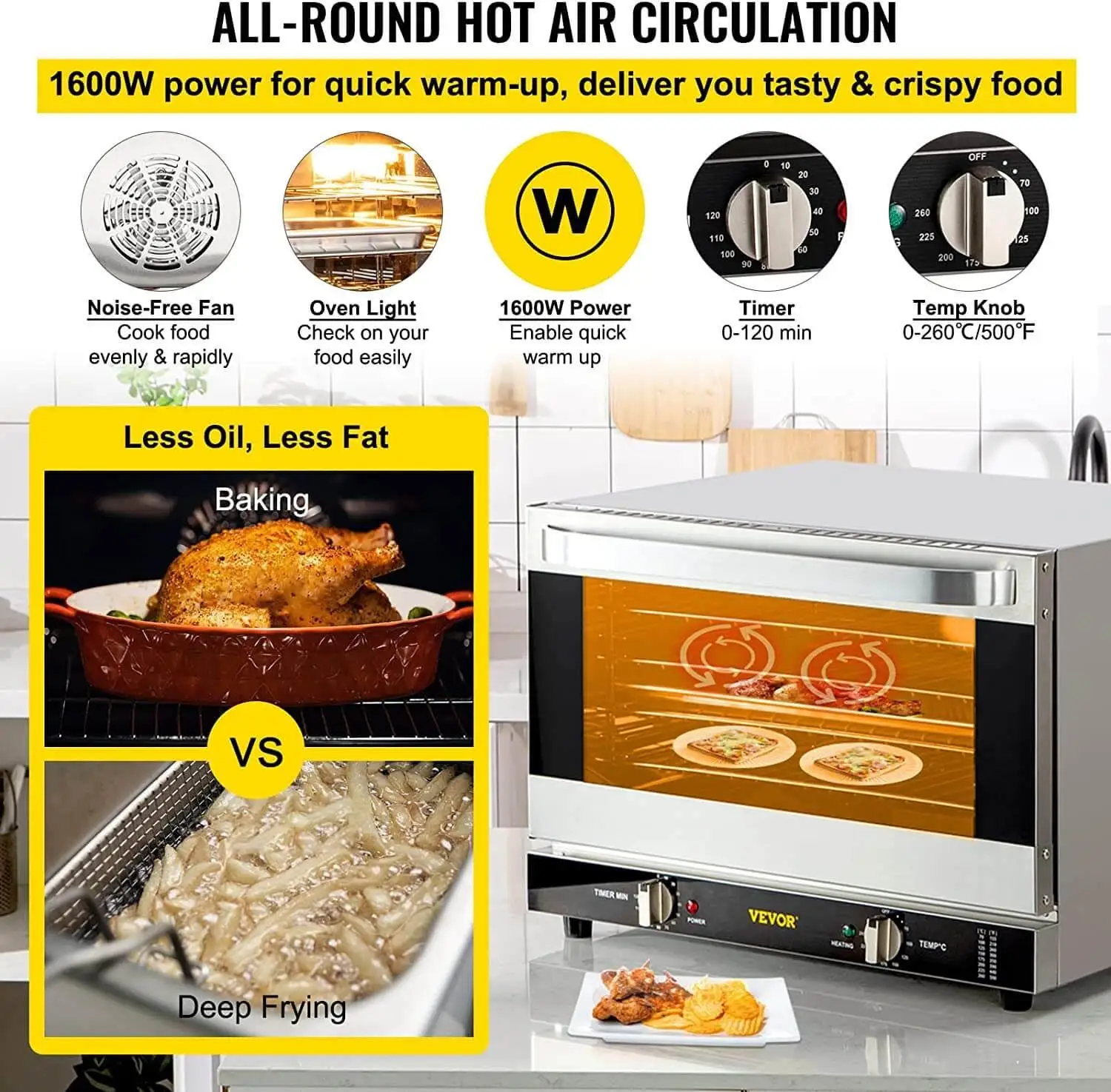
3. Features, Pros, Performances and Reasons to buy a Commercial Conventional Oven VEVOR‘s edition
Some commercial ovens offer different cooking modes, such as bake, roast, and broil, to accommodate different types of food. Here are some useful common features on commercial conventional ovens from VEVOR:
- Convection cooking: Some commercial ovens have a convection cooking feature, which uses a fan to circulate hot air and cook food more evenly and quickly.
- Programmable controls: Some commercial ovens have programmable controls that allow you to set the cooking temperature and time in advance. This can be helpful for busy commercial kitchens that need to cook multiple items at once.
- Digital display: Many commercial ovens have a digital display that shows the current cooking temperature and time, as well as other information, such as the oven’s status and any error messages.
- Self-cleaning function: Some commercial ovens have a self-cleaning function that uses high heat to burn off food residue and make cleaning easier.
- Automatic shut-off: Some commercial ovens have an automatic shut-off feature that turns the oven off after a certain amount of time to prevent accidents.
- Multiple racks: Many commercial ovens have multiple racks, which can be helpful for cooking large quantities of food or for cooking multiple items at once.
- Stainless steel construction: Many commercial ovens have a stainless steel construction, which is durable and easy to clean.
- Energy efficiency: Some commercial ovens are designed to be energy efficient, which can help reduce operating costs.
Here are some potential benefits of using a commercial conventional oven from VEVOR:
- High-quality construction: VEVOR commercial ovens are built to withstand the demands of a commercial kitchen, with durable materials and sturdy construction.
- Large capacity: VEVOR commercial ovens are available in a range of sizes, with some models capable of cooking large volumes of food at once.
- Versatility: Many VEVOR commercial ovens offer multiple cooking functions, such as baking, roasting, and steaming, allowing you to prepare a variety of dishes in one appliance.
- Energy-efficient: Some VEVOR commercial ovens are designed to be energy-efficient, helping to reduce operating costs and reduce your carbon footprint.
- Easy to use: VEVOR commercial ovens are designed with user-friendly controls, making it easy to adjust cooking temperature and time.
- Easy to maintain: VEVOR commercial ovens are built with easy-to-clean materials and may have features such as self-cleaning modes to help simplify maintenance.
- High-quality customer service: VEVOR is known for their excellent customer service, with knowledgeable staff available to answer questions and help with any issues that may arise.
Here are a few key performance factors to consider when evaluating a commercial conventional oven from VEVOR:
- Cooking speed: Commercial ovens are designed to cook large volumes of food quickly and efficiently. Look for an oven that has a high heating power and a fast preheat time to reduce cooking time.
- Temperature accuracy: It is important for a commercial oven to maintain a consistent and accurate temperature to ensure that food is cooked evenly and to the proper internal temperature.
- Heat distribution: Poor heat distribution can result in uneven cooking and poor quality food. Look for an oven with a good heat distribution system, such as a convection oven or a model with multiple heating elements.
- Ease of use: A commercial oven should be easy to operate and maintain, with straightforward controls and a clear display.
- Durability: A commercial oven should be able to withstand the demands of a busy kitchen and have a long lifespan. Look for a model with a proven track record of reliability.
There are several reasons why someone might choose to buy a commercial conventional oven from VEVOR:
- Durability: Commercial ovens are designed to withstand heavy use and are built with higher-quality materials than consumer-grade ovens. This makes them more durable and less likely to break down over time.
- Capacity: Commercial ovens are generally larger and more powerful than consumer-grade ovens, which makes them well-suited for high-volume cooking operations. They can often accommodate larger items, such as whole turkeys or multiple sheet pans at once.
- Efficiency: Commercial ovens are designed with professional chefs in mind, so they are often more efficient at cooking and baking than consumer-grade ovens. They may have features like convection cooking, which can help to cook food faster and more evenly.
- Variety: Commercial ovens come in a wide variety of sizes and styles, so it’s easy to find one that meets your specific needs. Some options include convection ovens, deck ovens, and rotisserie ovens.
- Price: While commercial ovens are generally more expensive than consumer-grade ovens, they are built to last and are a worthwhile investment for anyone who needs a high-quality, reliable oven for their business.
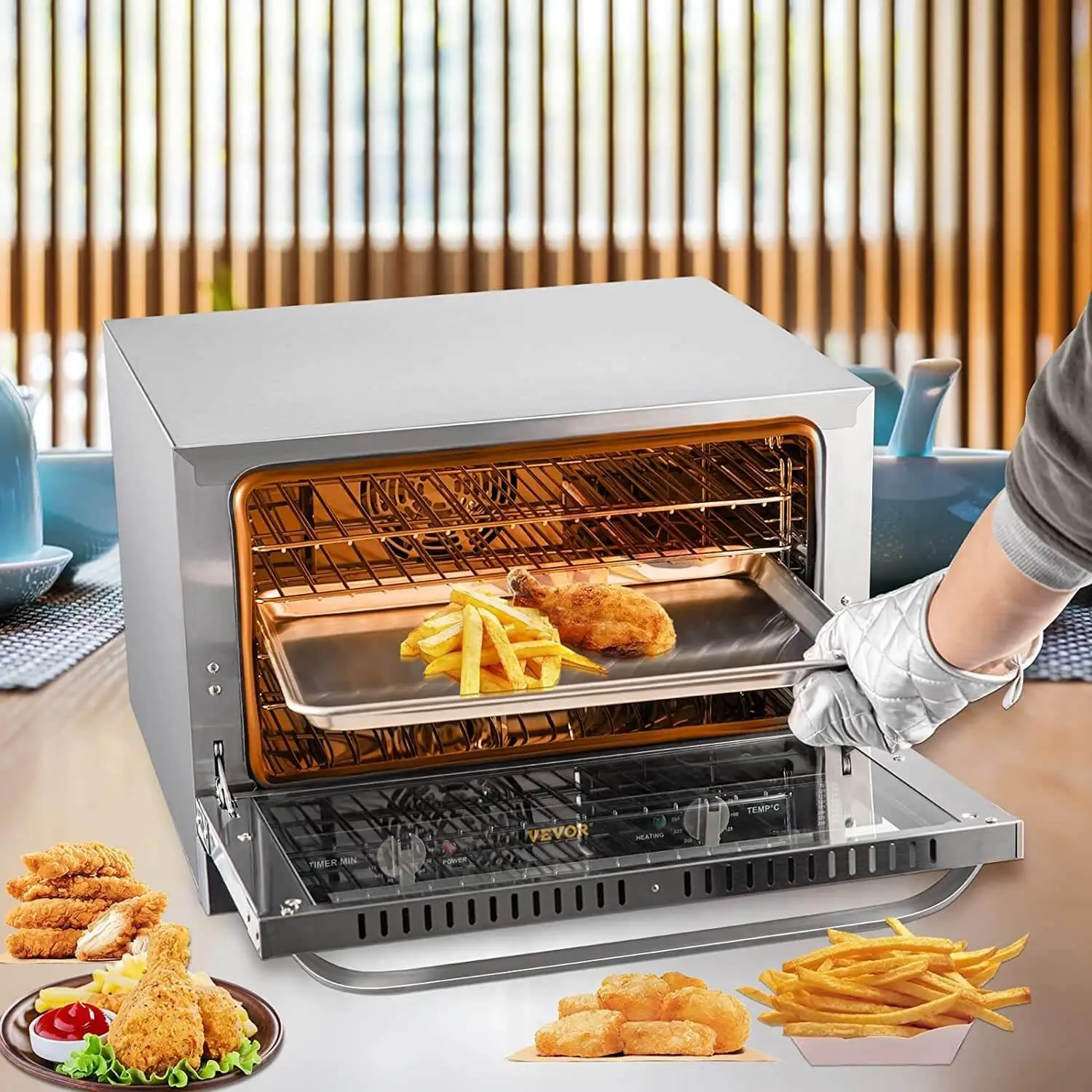
4. Different types of a Commercial Conventional Oven
There are several different types of commercial conventional ovens to choose from, including:
- Deck ovens: These are large, standalone ovens that are usually fueled by gas and are used for baking bread and other baked goods.
- Convection ovens: These ovens use a fan to circulate hot air, allowing for faster cooking times and more even heat distribution.
- Combination ovens: These ovens offer multiple cooking functions, such as baking, roasting, and steaming, in one unit.
- Range ovens: These are ovens that are built into a range or stovetop and are typically powered by gas. They are often used in restaurants and other food service environments.
- Microwave ovens: These are electric ovens that use microwaves to cook or reheat food.
- Holding ovens: These are specialized ovens that are used to keep cooked food warm until it is ready to be served. They are often used in buffet-style restaurants or catering settings.
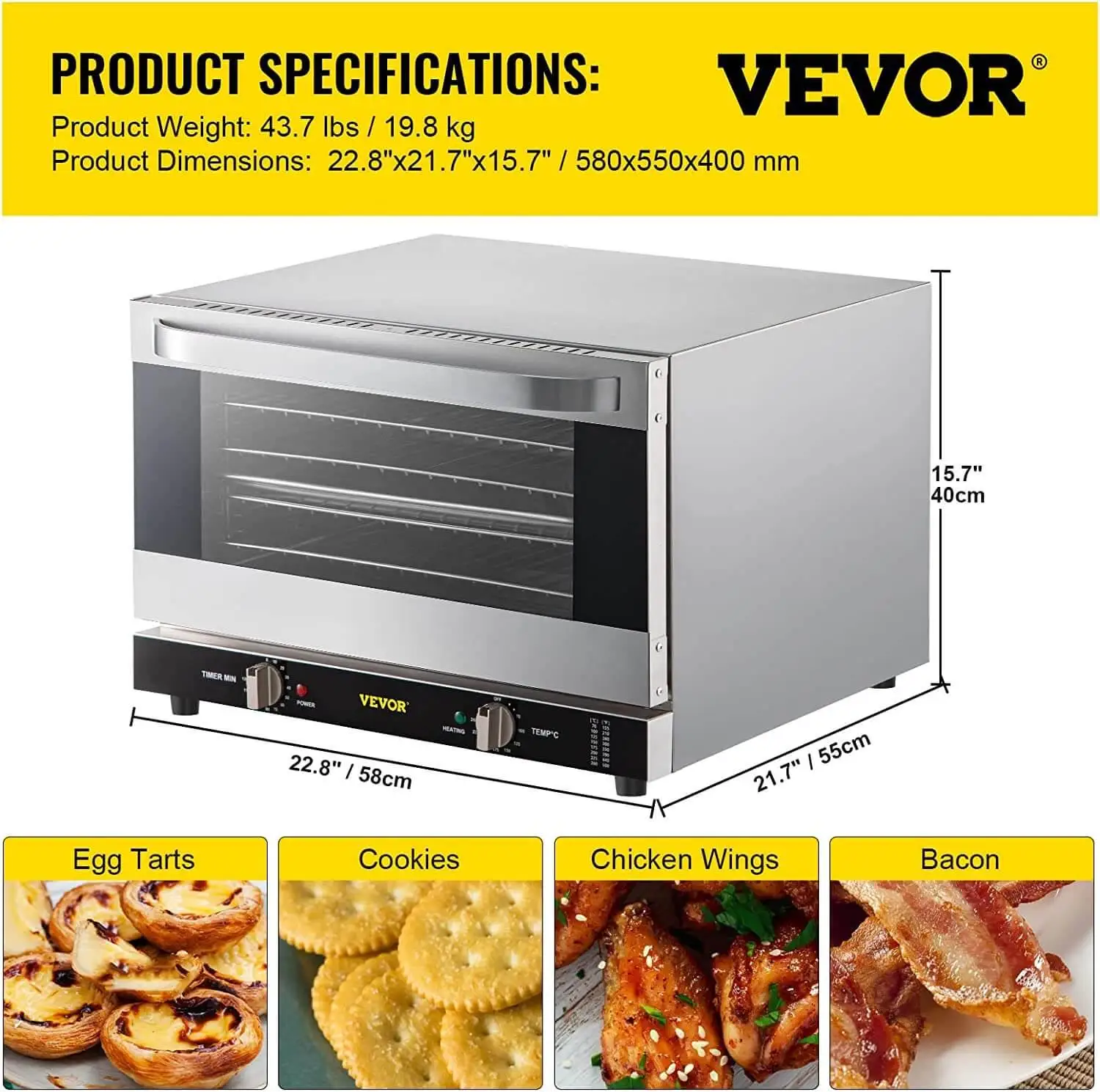
5. FAQ about a commercial conventional oven
i. How to use a commercial conventional oven?
Here are some general steps for using a commercial conventional oven:
- Preheat the oven: Set the temperature and cooking time according to your recipe, and allow the oven to preheat for the recommended amount of time.
- Prepare your food: While the oven is preheating, prepare your food according to your recipe. This may involve seasoning, marinating, or coating the food with oil or other ingredients.
- Place the food in the oven: Place your food on a baking sheet or in a baking dish, and carefully place it in the oven.
- Monitor the cooking time: Set a timer for the recommended cooking time, and check on the food occasionally to ensure it is cooking properly.
- Check the food for doneness: Use a meat thermometer or other tool to check that the food has reached the proper internal temperature.
- Remove the food from the oven: Use oven mitts or hot pads to carefully remove the baking sheet or dish from the oven.
ii. Is a commercial conventional oven worth buying?
Here are a few factors to consider when deciding if a commercial conventional oven is worth purchasing:
- Cost: Commercial conventional ovens can be expensive, particularly if you opt for a high-capacity model with advanced features. It’s important to weigh the cost of the oven against the benefits it will provide to your business.
- Capacity: If you own a small business or only need to cook a small volume of food, a commercial conventional oven may not be necessary. However, if you have a high volume of food to cook on a regular basis, a commercial oven may be worth the investment.
- Fuel type: Commercial ovens can be powered by electricity, gas, or a combination of both. Consider the type of fuel that is most readily available and cost-effective in your area when deciding if a commercial oven is worth purchasing.
Overall, a commercial conventional oven may be worth buying if you own a food service business that requires frequent cooking and need a high-capacity, high-quality oven to meet your needs.

